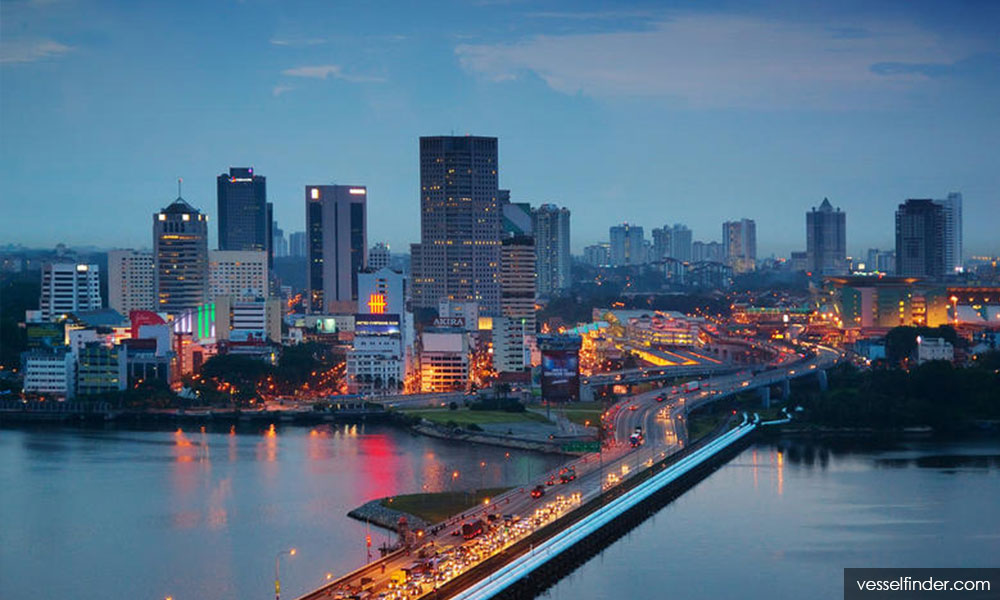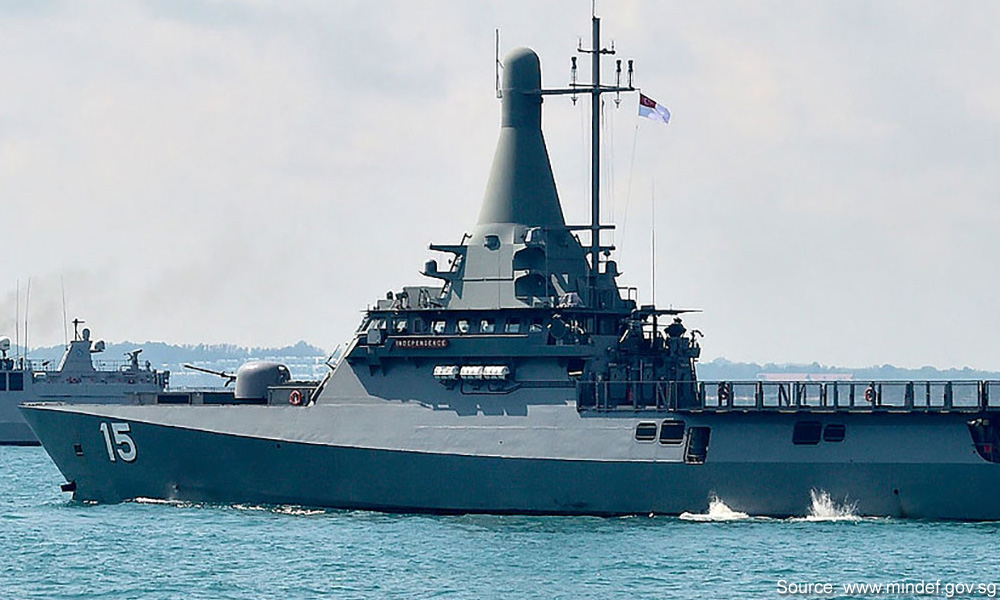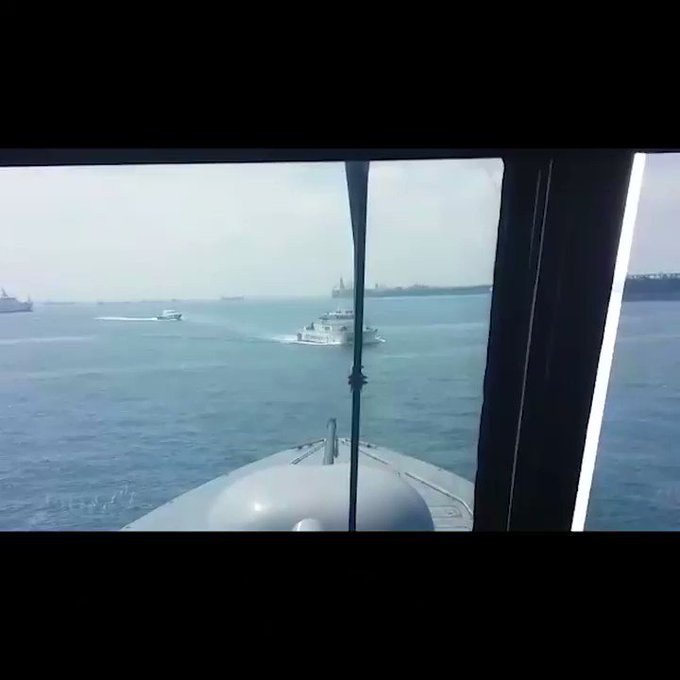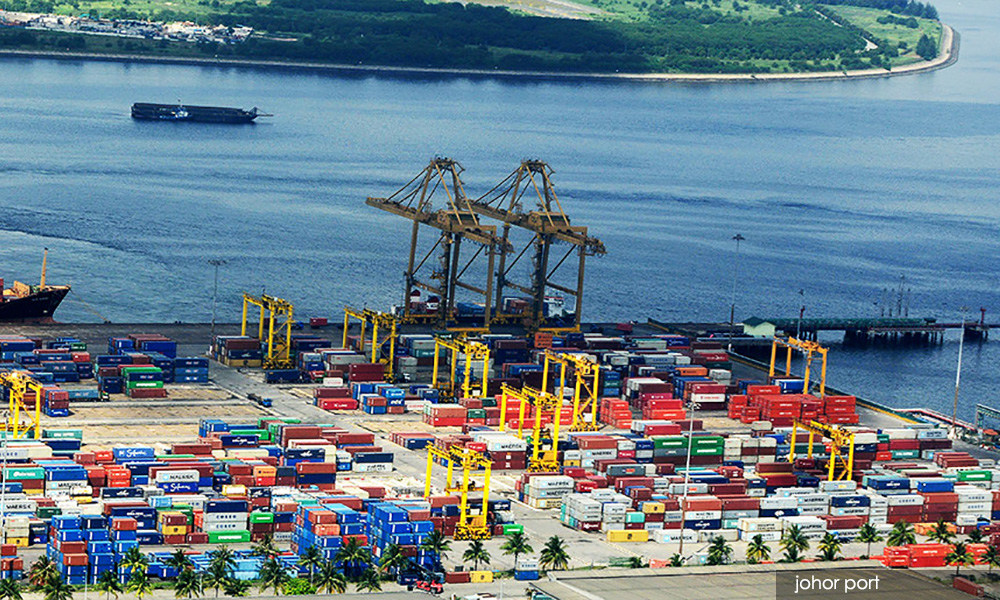
Winning and losing in a battle is not a matter of seeing who raises the proverbial white flag. Singapore never will, and neither will Malaysia.
Doing so would spell the beginning of the end of Singapore's People's Action Party (PAP) with the general election around the corner, and with Prime Minister Lee Hsien Loong potentially handing the baton to Finance Minister Heng Swee Keat in the near future.
All Malaysians wish Singaporeans well, but we are pantang dicabar (do not like to be challenged). It is not in our DNA, as former prime minister Najib Abdul Razak so ingloriously found out on May 9.
So it was good that Ho Ching, the wife of the Singaporean prime minister, called for "chill" – in response to the op-ed from Bersatu's policy and strategy bureau chief Rais Hussin – because it shows that calmer heads and minds have begun to prevail.
Ho's statement runs contrary to the litany of protests that the republic's Transport Minister Khaw Boon Wan listed over the 14 "intrusions" of Malaysian vessels.
But Khaw seemed to have overlooked the fact Malaysian vessels did not anchor nor linger in areas that remain subject to further legal challenge.
Malaysia is not claiming the contested waters near Pulau Batu Puteh. But it has not acknowledged that strip of water as Singapore's either.
Since Singapore was victorious in the Pulau Batu Puteh dispute, it seems superfluous to use a coastal defence ship and an open mobilisation exercise for Malaysia to stay away.
The video of Singaporean Defence Minister Ng Eng Hen, which shows Singapore patrol boats chasing away Malaysian ships, seems like the posture of a fighter poised with raised arms ready to engage in fisticuffs, even when Malaysia has not entered the ring nor indicated any intent to do so.
Ng's statements contrast wildly with the measured and calm response from Singaporean Foreign Affairs Minister Vivian Balakrishnan, even if the latter also spoke about defending the republic's sovereignty.
The fact is, this is not about Malaysia spoiling for a fight, nor Singapore having to react to one. Border conflicts are the stuff of post-colonial states. But do you see Malaysia and Indonesia asking for a fight over the Ambalat dispute? No.
When navies overreact, the leaders of the respective countries must call for calm. That's how you keep Asean intact: disagree agreeably and look at the big picture.
When the borders happen to be unclear, the right response would be to reactivate the high-level task force committees on border demarcations, which is what the bureaucrats of both sides should be doing.
Not all spats need to be highlighted and backed by warnings from cabinet ministers. This is perhaps why the Malaysian cabinet, especially the Defence Ministry, has largely remained quiet over the issue. Even Prime Minister Dr Mahathir Mohamad has insisted on the use of the rule of law to end the bickering.
However, whether knowingly or not, Foreign Minister Saifuddin Abdullah erred in proposing a "cease and desist" de-escalation plan. If Singapore did stop all vessels from entering disputed waters at the precise time proposed by Wisma Putra, it would constitute an acknowledgement of Malaysia's power.
Singapore was almost obliged to raise its fist in fury. But this could have been done in angry op-eds, not sending vessels to interdict Malaysian "intrusions." The gesture was meaningless. Would Singapore be willing to do what Indonesia does and sink ships in their waters?
And if so, then what? Will Singapore then back down and call for calm after the vessels have been sunk?
This is why "chill" is such great advice. Especially in this end-of-year festive season.
Truly, this issue is not worth ruining bilateral ties over. Malaysia and Singapore should keep their eyes focused on the brewing geopolitical issues in the rivers of the Mekong, in the South China Sea, and indeed, the South Pacific.
These are lands and waters that can define the balance of power in the future of the region, not strips of water in Tuas or any part of Johor. It helps to change the optics to focus on the big issues.
In this light, former diplomat Bilahari Kausikan's remarks are not helpful. Sarcastically praising Saifuddin's "chutzpah" and calling him "bro" reads like a younger brother telling the elder to go fly a kite.
Bilahari says Singapore is "not daft." Well, neither is Malaysia. We know an election in Singapore is coming up in 2019, and we are not dumb to their need to stage military manoeuvres to create a flurry of nationalistic pride.
As David Boey wisely counsels, we should beware "grey-zone conflicts," the state of being in between war and peace. He also says that "temporary irritants" should not distract from the decades of continued efforts to build friendship and trust.
This is the exact thrust of Rais' op-ed and Ho's response: be "chill" and let cooler heads prevail.
PHAR KIM BENG was a multiple award-winning Head Teaching Fellow on China and Cultural Revolution in Harvard University. - Mkini






No comments:
Post a Comment
Note: Only a member of this blog may post a comment.